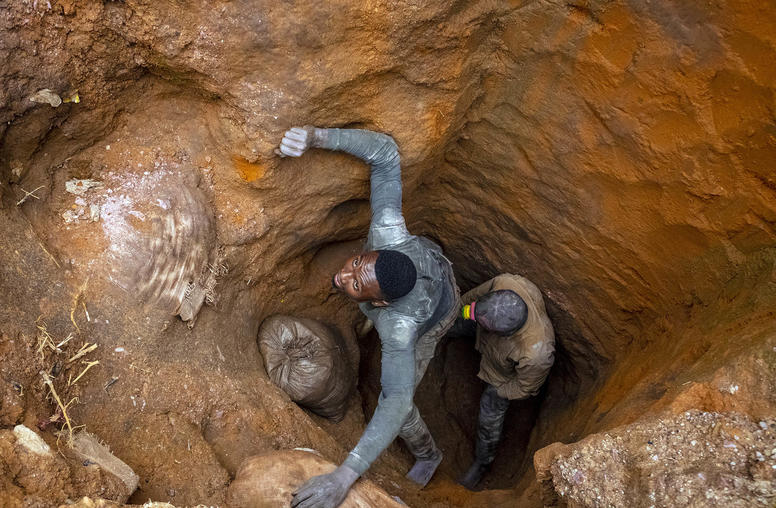The Role of U.N. Peacekeeping in China’s Expanding Strategic Interests
Despite its growing status as a major economic and military power, China continues to be a strong supporter of UN peacekeeping operations. China is not only the second-largest financial contributor to UN peacekeeping (after the United States), it has roughly 2,500 personnel deployed in ongoing missions, including in active combat zones in Mali and South Sudan—far more than any other permanent member of the UN Security Council. This Special Report examines what China hopes to gain from its participation in UN peacekeeping, as well as the challenges it will face as its troops find themselves in more dangerous “peace enforcement” situations.
Summary
- Despite its growing status in the international system, including in the military sphere, China continues to be a strong supporter of United Nations peacekeeping operations (UNPKO), a stance commonly considered to be more the purview of medium powers. China is also a major contributor of peacekeeping personnel and support.
- Beijing’s current UN peacekeeping policies have helped China expand its diplomacy throughout the developing world, a notable action given the ongoing evolution of its Belt and Road trade initiatives.
- In spite of recent Chinese peacekeeper casualties, the country continues preparations— including new training programs and units—to permit its peacekeeping personnel to more effectively operate in active combat zones such as Mali and South Sudan.
- China is now in a position to become more active in UNPKO reforms and provide greater input into mission parameters, given its greater contribution to the UN budget and expanded international commitments.
- China’s support for UN peacekeeping operations has become more visibly integrated into its military reform policies. However, Beijing must engage in a policy dialogue about how modern peacekeeping can be reconciled with traditional Chinese views on state sovereignty, impartiality, and being a “responsible great power.”
About the Report
This Special Report assesses China’s evolving participation in international peacekeeping missions in the context of its rise as a major economic and military power. The report is based on data collection on Chinese foreign and security policy issues as well as fieldwork in China and Norway. Supported by the Asia Center at the United States Institute of Peace, the report is part of USIP’s broader effort to understand China’s engagement in the peace processes and internal conflicts of other nations.
About the Author
Marc Lanteigne is a senior lecturer in security studies in the Centre for Defence and Security Studies at Massey University in New Zealand. Previously, he was a senior research fellow at the Norwegian Institute of International Affairs, where he specialized in Chinese and Northeast Asian politics and foreign policy, as well as Asia-Arctic relations, international political economy, and institution building. He has written on issues related to China’s regional and international relations as well as economic security, the politics of trade, and energy issues.



